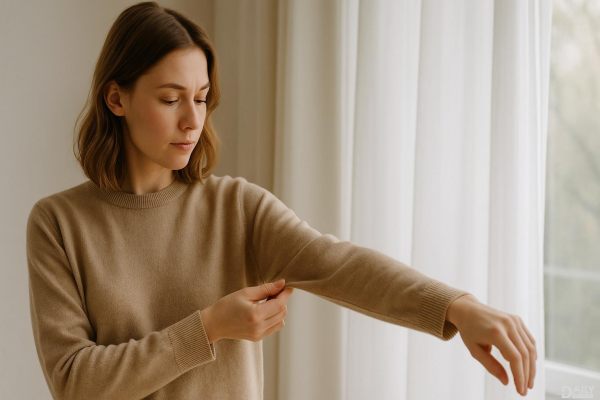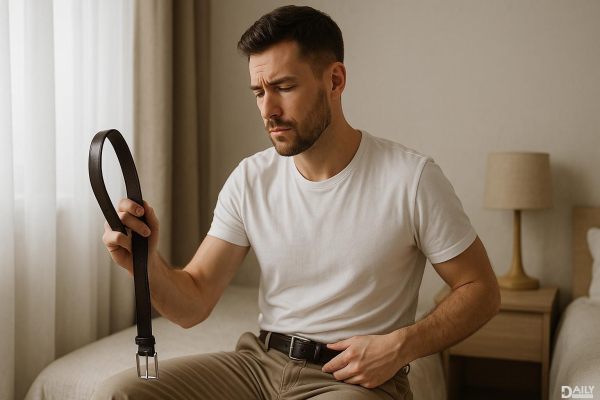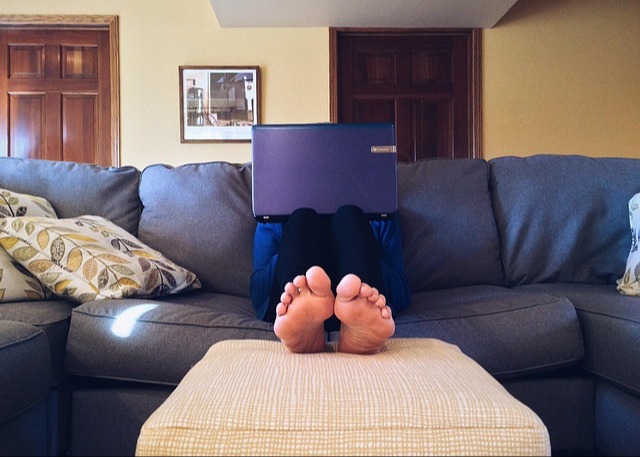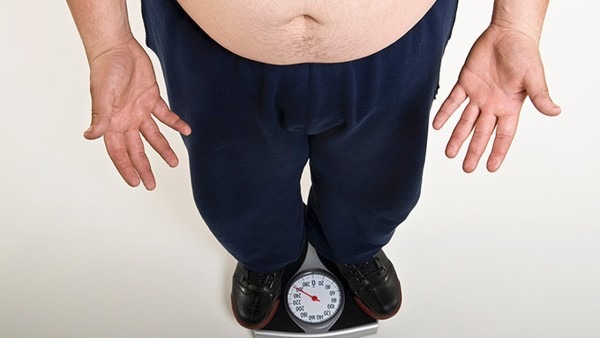I wasn't always a morning person. But somewhere between high school crew practice and college rowing marathons, my body decided to betray me—permanently rewiring my internal clock to wake up at the crack of dawn, even when I desperately wanted to sleep in. If you're reading this while hitting snooze for the third time, I get it. Morning routines sound like torture when you're wired for late-night productivity or Netflix binges. But here's the kicker: becoming a morning person isn't about willpower. It's about hacking your biology, environment, and habits to make early rising feel less like punishment and more like a superpower.
The Science of Early Birds vs. Night Owls
Your preference for mornings or evenings isn't just laziness—it's genetics. Researchers have identified over 350 genes linked to chronotypes (your body's natural sleep-wake rhythm). Night owls aren't defective; they're evolutionarily wired for vigilance when early risers conk out. But modern society favors morning people, with work schedules, school start times, and even gym hours catering to the dawn patrol. The good news? While you can't change your DNA, you can gently nudge your circadian rhythm earlier with strategic light exposure, meal timing, and—yes—brutal honesty about your bedtime habits.
Light: Your Secret Weapon for Resetting Your Clock
Sunlight is your body's most powerful cue for wakefulness. When light hits your retina in the morning, it suppresses melatonin (the sleep hormone) and triggers cortisol (your natural alarm clock). But here's where night owls sabotage themselves: scrolling in bed under artificial blue light mimics sunrise, confusing your brain into delaying sleep. Try this: open your curtains the second your alarm goes off (or invest in a sunrise alarm clock). Conversely, wear blue-light-blocking glasses after dinner and switch phones to grayscale mode. It sounds ridiculous until you're yawning by 10 p.m.
The 15-Minute Rule That Actually Works
Forget drastic 5 a.m. wake-up pledges—they backfire. Instead, shift your alarm earlier by 15 minutes every 3 days until you hit your target. Your body adjusts to gradual changes, whereas sudden jumps leave you groggy and resentful. Pair this with a "no snooze" policy (place your phone across the room if necessary) and a immediate daylight hit—even just stepping outside for 5 minutes signals your brain that the day has started. Pro tip: hydrate first thing; dehydration amplifies morning fatigue.
Why Your Nighttime Routine Matters More Than Your Morning
You can't out-caffeinate bad sleep hygiene. Night owls often stay up late because they crave "me time" after obligations—but sacrificing sleep creates a vicious cycle. Instead, reclaim evenings by winding down earlier: eat dinner before 7 p.m. (digestion delays sleep), avoid intense workouts after 8 p.m. (they spike cortisol), and establish a "power-down hour" with dim lighting and analog activities (reading, puzzles, or—gasp—actual conversations). The earlier you relax, the earlier you'll naturally feel sleepy.
The Unexpected Joy of Morning Solitude
Here's the real reason to become a morning convert: those quiet hours before the world wakes up are magic. Without meetings, texts, or roommates hogging the shower, you can exercise, journal, or sip coffee in peace. Morning people report higher productivity, better mental health, and even improved relationships (grumpiness declines when you're not sleep-deprived). Start with one "victory activity"—a 10-minute meditation, a chapter of a book, or a walk—to associate mornings with reward rather than dread.
I won't lie—the first two weeks of shifting your schedule feel like a betrayal of your night-owl soul. But once you experience the smug satisfaction of finishing a workout before your coworkers even hit snooze, or having deep work done by lunchtime, you might just forgive your traitorous biology. And if all else fails? Remember: even morning people occasionally sleep in. The goal isn't perfection—it's claiming back hours of your day without wanting to murder your alarm clock.
























